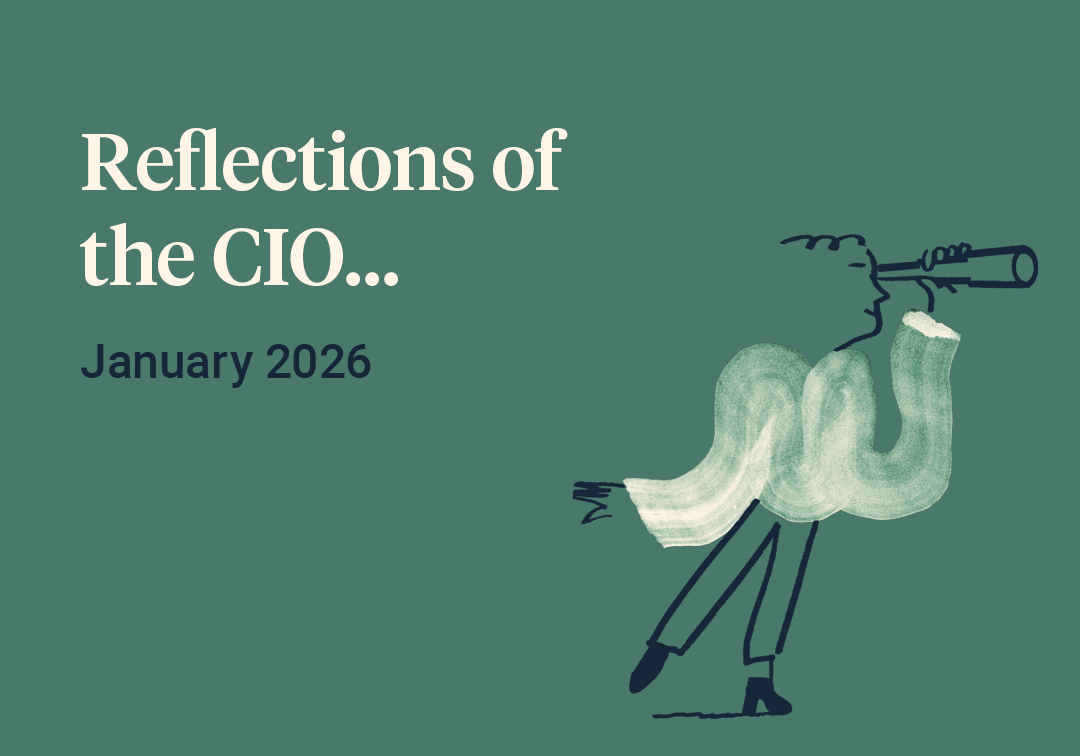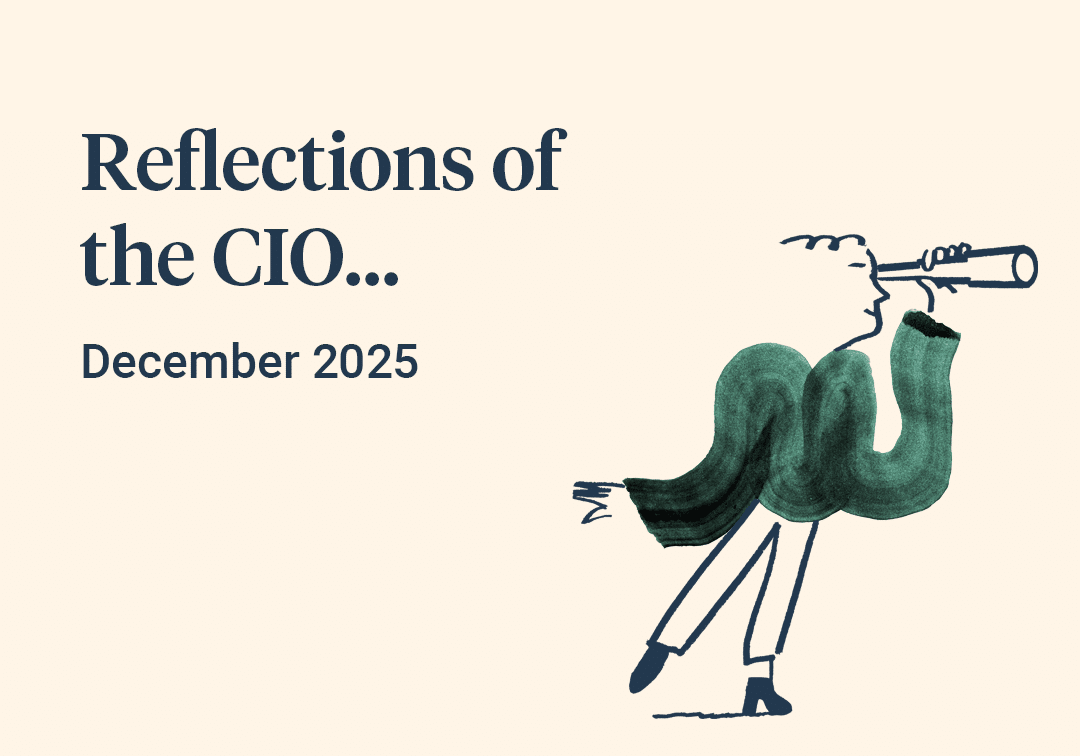In September, we had written about how the shift to a pro-growth stance by the majority of the world’s central banks was an important change for the market environment going forward. This shift manifested itself in the form of interest rate cuts in the West and in a wide-ranging stimulus package in China, with both actions combining to provide a strong boost to medium term growth prospects and consequently equity markets. At the same time, many other factors which shape the investment environment did not change at all, particularly the issue of investors short term focus on economic data releases or political events, a feature which exerted its influence throughout October. Market sentiment waxed and waned, particularly in bond markets, as the implications of US and UK government policy began to coalesce ahead of the UK budget and the US election.
In the end, the impact of the UK budget on UK assets was difficult to separate from broader global market trends, particularly the weakening of bond markets worldwide. This decline in bond prices was driven in part by growing concerns over the potential implications of the upcoming US election, which had captured renewed attention in the markets. Many developed market government balance sheets are not in good shape, mostly as a result of government largesse during the Covid pandemic. By effectively socialising the losses of households and corporations during this difficult period, Western governments stretched their balance sheets to the limit, making any tax or spending decisions from then on much more impactful than usual.
Whatever the outcome of the US election (and at the time of writing we do not know what that will be) neither candidate had discussed the need for restraint on spending. Subsequently, bond markets spent a lot of October on the back foot as they factored in the increased risks of the US debt binge extending under a new administration. The UK faced a similar situation with a long awaited budget finally delivering on the increased tax and spending package, which had been so heavily trailed before.



